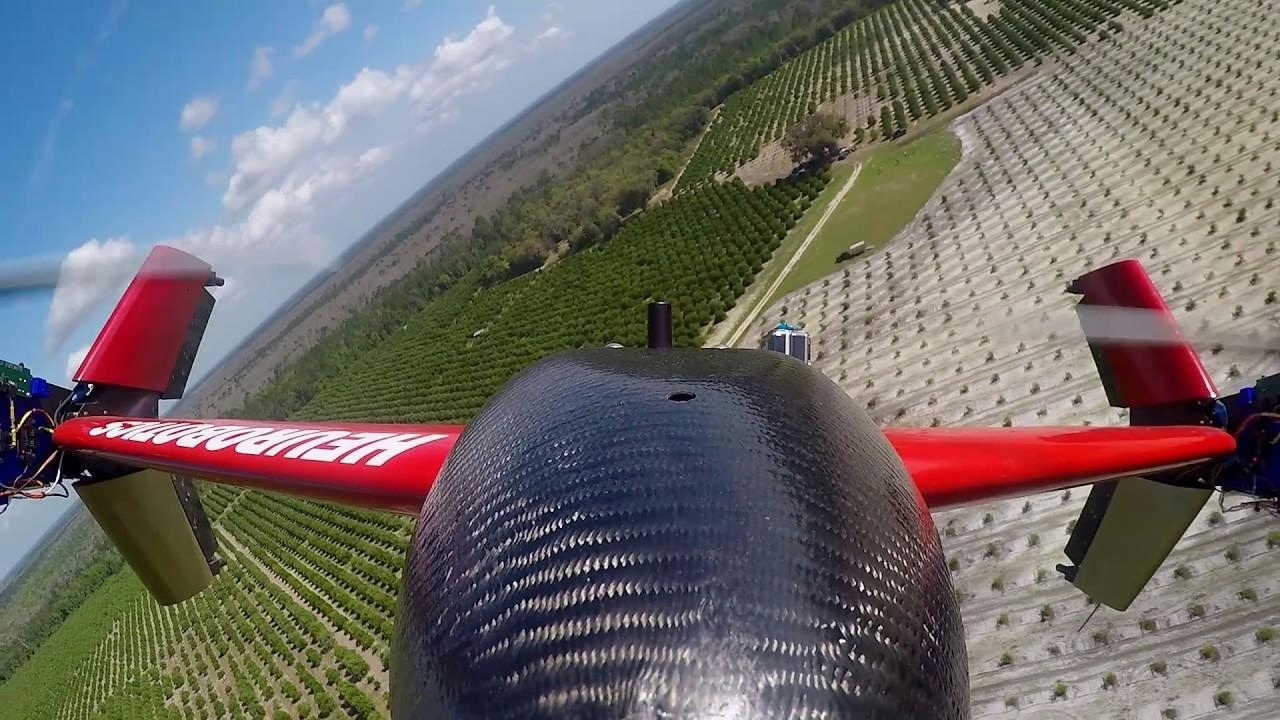AeroGenie — Seu Copiloto Inteligente.
Tendências
Categories
IIT Professor Challenges Conventional Aircraft Design, Highlights His Air Taxi Innovation

IIT Professor Challenges Conventional Aircraft Design, Highlights His Air Taxi Innovation
Redefining Aerospace from India
Satya Chakravarthy, founder and CEO of The ePlane Company, asserts that the high cost of aerospace development stems from its traditional geographic and industrial foundations. “If aerospace is expensive, it’s because it has been developed on the wrong side of the planet. That’s what it is; we just got to call it out,” he states. His company, India’s first private entity to secure design certification for an electric aircraft, is nearing completion of a prototype at a fraction of the typical aerospace expenditure. Within the Chennai-based facility, a dedicated team carefully applies composite materials to the wings and fuselage of their electric vertical take-off and landing (eVTOL) aircraft. The prototype is expected to be ready for subsequent certification processes within two months.
Despite the quiet and modest workshop environment, The ePlane Company harbors an ambitious vision: to normalize air taxis in India much like ride-hailing services have transformed urban transport. Operating under the registered name Ubifly Technologies, the company aims to democratize flying, making it accessible not only to daily commuters but also to emergency services, thereby addressing the severe congestion challenges faced by Indian cities.
An Academic Entrepreneur Driving Air Mobility
Chakravarthy, an aerospace engineering professor at IIT Madras, exemplifies a rare blend of academic rigor and entrepreneurial drive. His expertise spans a broad spectrum of aerospace disciplines, including aircraft, satellites, rockets, and engines. At The ePlane Company, he is deeply involved in both the design and strategic direction of the project, with a clear objective to bring affordable and efficient air mobility solutions to the Indian market.
India’s private aviation sector is experiencing rapid growth. Between 2020 and 2024, the number of private jets registered in the country increased by 25 percent, reaching 168 aircraft, while monthly private flights surged to 2,400—the highest figure in Asia. Globally, the competition to dominate the eVTOL market is intensifying, with over 1,100 designs registered. Established aerospace giants such as Boeing and Airbus, alongside major automotive manufacturers, are investing heavily in short-haul electric aircraft intended for both passenger and cargo transport.
Indian corporations are also entering this emerging sector. Maruti Suzuki recently received board approval to venture into air mobility, building on its parent company Suzuki Corporation’s partnership with Japan’s Skydrive to manufacture electric aircraft. Additionally, Interglobe Enterprises, the parent company of Indigo Airlines, has partnered with Archer Aviation, the United States’ most well-funded eVTOL company, to introduce air taxi services in India.
Navigating Challenges in a Competitive Landscape
Despite the promising developments, the path to widespread adoption of air taxis remains complex. Regulatory approval and stringent safety testing present significant obstacles. NASA’s ongoing research into energy-absorbing technologies highlights the critical importance of crashworthiness and passenger safety in this nascent industry. The competitive environment is also becoming increasingly fierce. In the United States, Joby Aviation’s acquisition of Blade Air Mobility’s passenger operations has expanded its customer base and market presence. Joby’s collaboration with defense contractor L3Harris further illustrates the strategic efforts companies are undertaking to secure leadership in the air taxi sector.
For Chakravarthy and The ePlane Company, the challenges extend beyond technology to encompass regulatory compliance and commercial viability. As both global and domestic competitors accelerate their efforts, the realization of air taxis in India will depend on continued innovation, uncompromising safety standards, and adept navigation of a rapidly evolving market landscape.

Emirates Unveils Cabin Design for New Boeing 777X

Eighteen Years On, the Airbus A380 Remains Central to a $34 Billion Airline

How a boom in luxury airline seats is slowing down jet deliveries

Navitaire Outage Attributed to Planned Maintenance

DigiYatra Debuts Outside Aviation at India AI Impact Summit

Vietnam Orders Strengthen Boeing’s Commercial Outlook

Airbus Signals Uncertainty Over Future A400M Orders

JobsOhio Awards $2 Million Grant to Hartzell Propeller for Innovation Center

Collins Aerospace Tests Sidekick Autonomy Software on YFQ-42A for U.S. Air Force CCA Program

How the Airbus A350-1000 Compares to the Boeing 777
